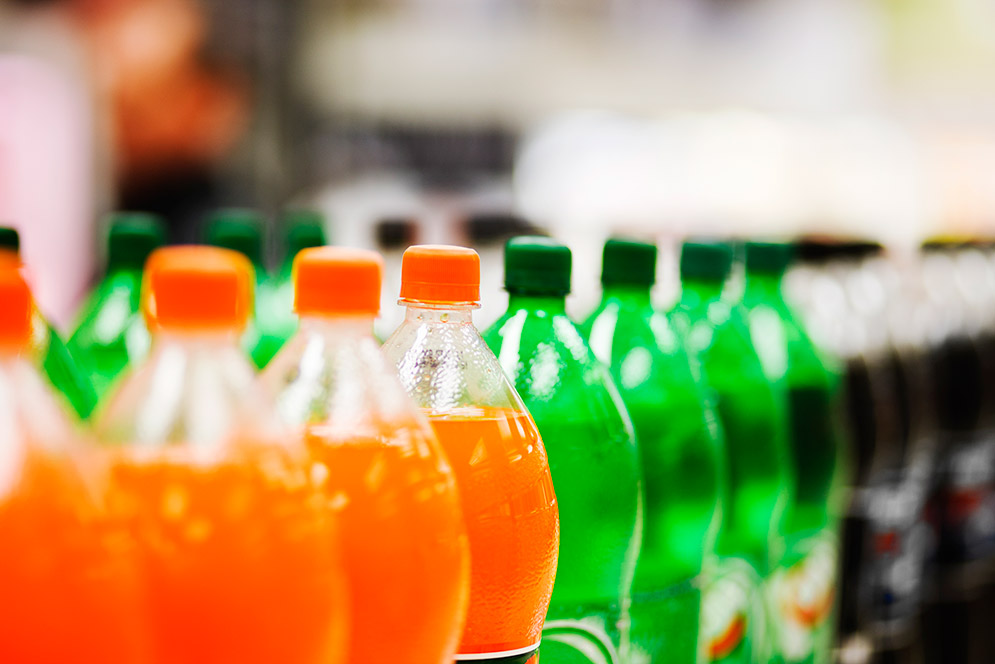
Now, new research suggests that excess
But before you chuck your sweet tea and reach for a diet soda, there’s more: a
Researchers are quick to point out that these findings, which appear separately in the journals Alzheimer’s & Dementia and Stroke, demonstrate correlation but not cause and effect. While researchers caution against overconsuming either diet soda or sugary drinks, more research is needed to determine
«These studies are not the
«Maybe good
Matthew Pase, a fellow in the MED neurology department and an FHS investigator, who is lead author on both papers, says that excess sugar has long been associated with cardiovascular and metabolic diseases like obesity, heart disease, and type 2 diabetes, but little is known about its
For the first study, published in Alzheimer’s & Dementia on March 5, 2017, researchers examined data, including magnetic resonance imaging (MRI) scans and cognitive testing results, from about 4,000 people enrolled in the FHS Offspring and
In the second study, published in Stroke on April 20, 2017, the researchers, using data only from the older Offspring cohort, looked specifically at whether participants had suffered a stroke or been diagnosed with dementia because of Alzheimer’s disease. After measuring volunteers’ beverage intake at three points over 7 years, the researchers then monitored the volunteers for 10 years, looking for evidence of stroke in 2,888 people over age 45, and dementia in 1,484 participants over age 60. They found, surprisingly, no correlation between sugary beverage intake and stroke or dementia. However, they found that people who drank at least one diet soda per day were almost three times as likely to develop stroke and dementia.
Although the researchers took age, smoking, diet quality, and other factors into account, they could not completely control for preexisting conditions like diabetes, which may have developed over the course of the study and is a known risk factor for dementia. Diabetics, as a group, drink more diet soda on average, as a way to limit their sugar consumption, and some of the correlation between diet soda intake and dementia may be due to diabetes, as well as other vascular risk factors. However, such preexisting conditions cannot wholly explain the new findings.
«It was somewhat surprising that diet soda consumption led to these outcomes," says Pase, noting that while prior studies have linked diet soda intake to stroke risk, the link with dementia was not previously known. He adds that the studies did not differentiate between types of artificial sweeteners and did not account for other possible sources of artificial sweeteners. He says that scientists have put forth various hypotheses about how artificial sweeteners may cause harm, from transforming gut bacteria to altering the brain’s perception of sweet, but «we need more work to figure out the underlying mechanisms.»


